| Weight | 1 lbs |
|---|---|
| Dimensions | 9 × 5 × 2 in |
| target | Yersinia enterocolitica O:8 YOP (Yersinia outer proteins) |
| species reactivity | Yersinia |
| applications | ELISA |
| assay type | Indirect & quantitative |
| available size | 1 mg |
Yersinia enterocolitica O:8 YOP (Yersinia outer proteins) Antigen BA13808VS
$1,515.00
Summary
- Virion/Serion Immunologics Antigen for research use (RUO)
- Yersinia enterocolitica O:8 YOP (Yersinia outer proteins) Antigen, recombinant
- Suitable for detection of IgA, IgG & IgM antibodies in ELISA
- Lot specific concentration, specified in mg/mL
- 1 mg
Yersinia enterocolitica O:8 YOP (Yersinia outer proteins) Antigen BA13808VS
| kit |
|---|
| Research area Infectious Disease |
| Storage Store at -65°C or lower. Avoid repeated freeze-thaw cycles. 10 years from date of manufacture (under recommended storage conditions). |
| Form liquid |
| Associated products Yersinia enterocolitica o-8 YOP (Yersinia outer proteins) Antigen (BA13808VS) Yersinia enterocolitica o-9 YOP (Yersinia outer proteins) Antigen (BA13809VS) Yersinia enterocolitica o-3 YOP (Yersinia outer proteins) Antigen (BA138VS) Yersinia IgA Control Serum (BC138A) Yersinia IgG Control Serum (BC138G) Yersinia IgM Control Serum (BC138M) Yersinia IgA ELISA Kit (ESR138A) Yersinia IgG ELISA Kit (ESR138G) Yersinia IgM ELISA Kit (ESR138M) |
| target relevance |
|---|
| Organism Yersinia enterocolitica |
| Protein names Yersinia |
| Structure and strains Yersinia enterocolitica is a Gram-negative, rod-shaped bacterium, belonging to the family Yersiniaceae. It is motile at temperatures of 22 29°C (72 84°F), but becomes nonmotile at normal human body temperature. Y. enterocolitica infection causes the disease yersiniosis, which is an animal-borne disease occurring in humans, as well as in a wide array of animals such as cattle, deer, pigs, and birds. Many of these animals recover from the disease and become carriers; these are potential sources of contagion despite showing no signs of disease. The bacterium infects the host by sticking to its cells using trimeric autotransporter adhesins. |
| Detection and diagnosis The use of sensitive and specific ELISA with quantitative determination of IgG, IgM and IgA antibodies is the method of choice for a clear differentiation between acute and chronic yersiniosis. The determination of the individual antibody activities is important for the differential diagnosis of post-infectious sequelae such as rheumatoid arthritis or erythema nodosum. Following the normal course of an acute Yersinia infection, IgG antibody activity often persists for several years while the IgA and IgM antibody activities decrease within a few months post infection. By contrast, in the case of postinfection complications, the IgA antibody activity remains elevated for years. |
Data
Publications
| pmid | title | authors | citation |
|---|---|---|---|
| We haven't added any publications to our database yet. | |||
Protocols
| relevant to this product |
|---|
| BA13808VS protocol |
Documents
| Product data sheet |
|---|
| BA13808VS |
Only logged in customers who have purchased this product may leave a review.
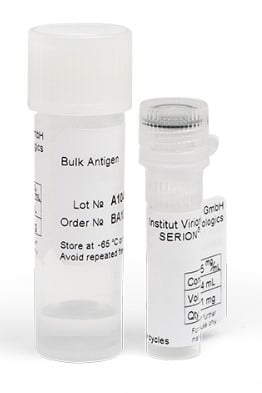
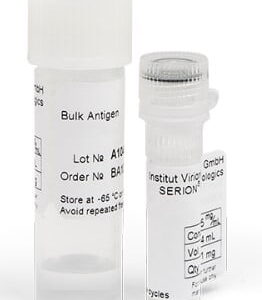
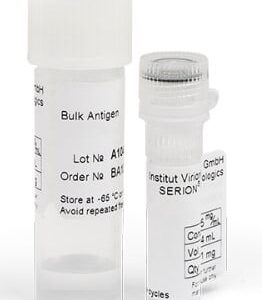
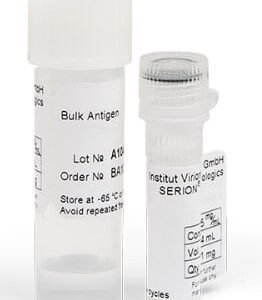
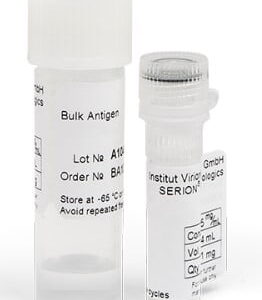
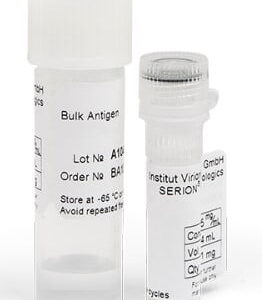
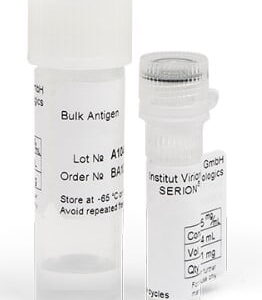
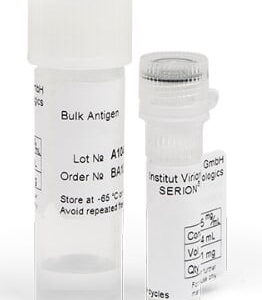
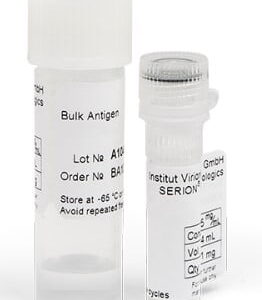

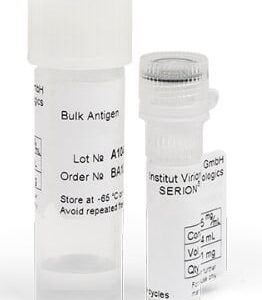

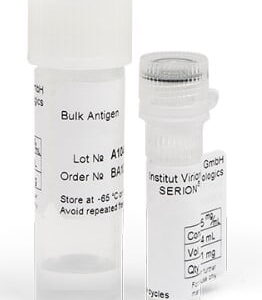
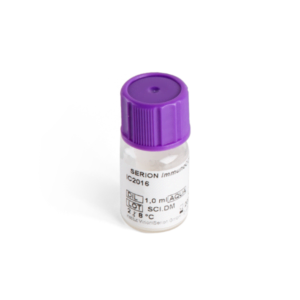
Reviews
There are no reviews yet.